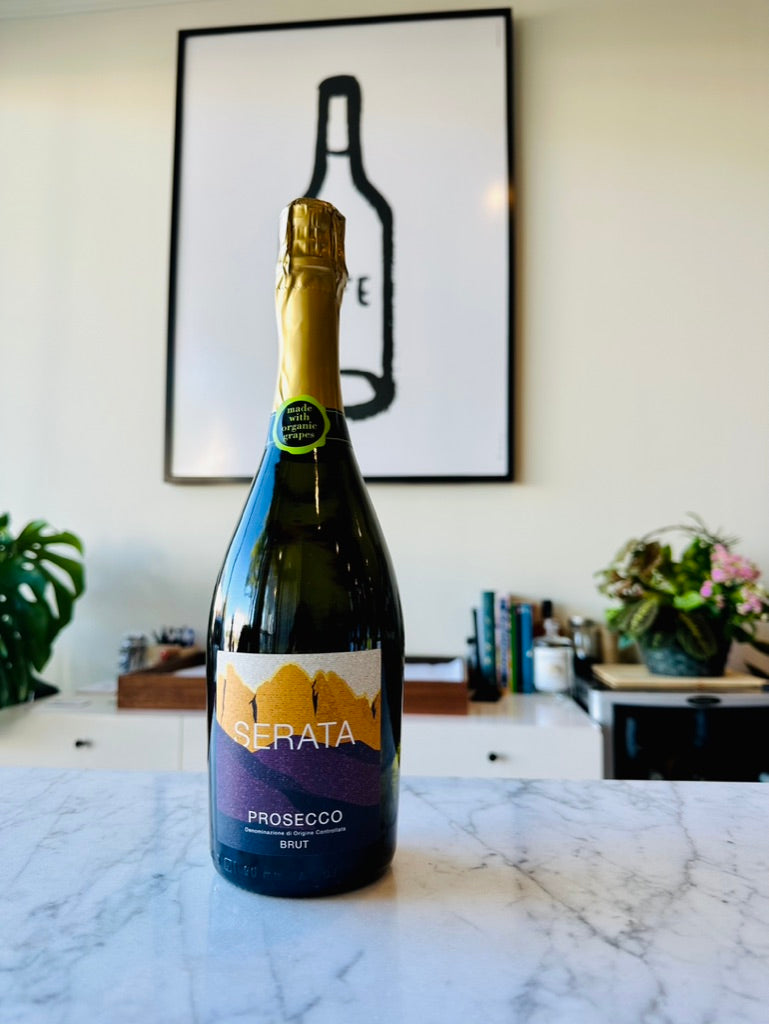A Benchmark for Southeastern Spain: Javier Revert
One of Spain's most impressive and thoughtful winemakers is making a name for himself within the overlooked terroirs a three-hour drive south of Barcelona, Manchuela & Valencia. To briefly describe both regions, they climatically share low rainfall during the growing season, hot temperatures, and breezes mitigating the climate. Geologically, they share clay-limestone soils. Valencia is more Mediterranean than Manucheula, depending on proximity to the coast. Further inland, La Mancha flanks Manchuela to the west, Utiel-Requena to the east, and Jumilla to the south. Javier Revert sees the potential within both regions, creating wines marked by balance and drinkability while maintaining a level of seriousness and, for his top wines, ageablility.
As Javier savored an ice cold Estrella at Despaña NYC with his importers, myself and a few fellow wine professionals, he shared his story. It is evident that Javier is deeply moved by tradition and family values as he recounts a walk with him and his grandfather through what was a feral, unkept vineyard. Planted by his great-grandfather in 1948, this vineyard became a sanctuary of Mediterranean flora, olive, and almond trees. At this moment, Javier knew he would be leaving his winemaker position at Celler del Roure to pursue his eponymous project, which began in 2014. Today, Javier farms six hectares of vines mainly dedicated to indigenous varieties. In the cellar, he implements a low-intervention mentality. Fermentations are exclusively with native yeasts. He vinifies entirely in neutral vessels (used oak, tanks, and amphora).
Javier's white wines offer a taste reminiscent of a bottle of 1er Cru Burgundy on a Mediterranean holiday. Foradà, what Javier considers his Grand Cru, combines the forward floral aromatics, grainy tannins, and pleasing acidity of Nebbiolo, with the mineral core of Chambolle Musigny and the red-fruited suave nature Grenache on sand.
I might say, my deep-rooted passion for obscure wine regions stems from my time spent at Terroir East Village over a decade ago. There are great wines beyond our 'drinking' comfort regions and we should be drinking them. Even more so as prices of some of our 'preferred' regions rise. I seek out wines that bring great pleasure with each sip made by good people. So, join me, step outside our comfort region and explore the wines made by one of Spain's most talented winemakers, Javier Revert.
Kimberly
xo
THE WINES
Finca Sandoval 'Aurora,' Manchuela, Spain 2020 $35
Javier's task at Finca Sandoval was to unlock the potential of the limestone-rich soils at high altitudes around Cuenca, Manchuela. This wine is driven notes by apricot and lanolin, pastry, and lemon oil with weighty intensity, refreshing acidity, and a long, joyful finish. Aurora is begging for food, especially cooked in butter.
Pairing: cod with a beurre blanc, buttered chicken is a spice-infused yogurt marinade made with fresh ginger, garlic, lemon juice and spices
Grape: Albillo de Albacete, Pardillo, Blanco Castellano, Tortosí, Trepadell
Viticulture: Certified Organic
Javier Revert 'Micalet,' Blanco Valencia, Spain 2022 $60
Pla del Micalet was the first vineyard Javi Revert acquired in 2014. The site in which his grandfather, Vicent Albero helped plant it in 1948! Micalet is a savory ripe wine with notes of lemon oil, tangerine, bruised apple, and lanolin. There is a Mediterranean energy to the wine calling for bolder seafood dishes.
Pairing: bolder seafood dishes, such as grilled octopus or spicy seafood paella
Grape: Tortosí, Trepadell, Malvasía, Merseguera, Verdil
Javier Revert 'Foradà,' Valencia, Spain 2021 $93
Since taking over his family's ancestral vineyard, La Pla de Micalet, in 2014, Javi Revert has expanded, rehabilitating abandoned terraces. He has chosen Garnacha and Arcos as varieties ideally suited to the sandy and chalky limestone soils, believing that when blended, they create not only a wine that marries the lively fruit of the Garnacha but the savory, lifted, and complex nature of Arcos. Above all, however, is the unmistakable stamp on the soils, which provide freshness, focus, and fine-grained tannins. This wine is quite similar to Nebbiolo, meets Chambolle Musigny, meets Grenache on sandy soils with its floral expression of roses, a deep mineral core of Chambolle, and the supple red fruit of Grenache.
Pairing: Wild boar, roasted rabbit, Jamon.
Grapes: Garnacha, Arcos
Viticulture: sustainable, practicing organic
Soil: Sandy, chalky, clay-limestone





